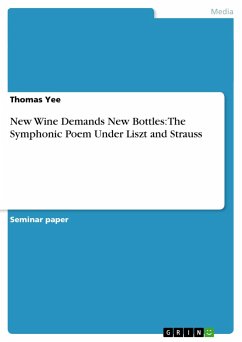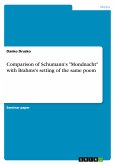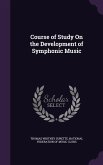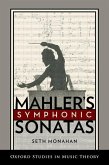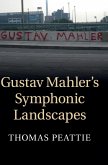Seminar paper from the year 2012 in the subject Musicology - Miscellaneous, grade: 100.00%, Pepperdine University, course: Music History II, language: English, abstract: The Symphonic Poem (or Tone Poem, as it was known under Richard Strauss) stands tall as one of the landmarks of the development of orchestral music. However, this was not always so-the recognition and honor that is now awarded to the Symphonic Poems of Franz Liszt and Strauss was a firestorm of critique and controversy at the time of the Symphonic Poems' premieres. As with any starkly new development in concert music, the advent of the Symphonic Poem under Franz Liszt bore two defining characteristics that were a definite and deliberate breach with the orchestral works before them. First, Liszt chose to discard the Sonata and dance forms that had traditionally defined the Symphony, instead developing the technique of Thematic Transformation as a means of structuring and unifying his Symphonic Poems. Second, he attached a descriptive title and usually a programme as a way of connecting his Symphonic Poems to extra-musical narratives or ideas, a move that conservative composers, critics, and proponents of Absolute Music abhorred and reviled. Though the genre of the Symphonic Poem was born under Liszt, it was refined and arguably perfected by Richard Strauss, who wrote even more ambitious Symphonic Poems under the name "Tone Poems." Though Strauss faced just as much criticism and controversy for his Tone Poems as Liszt did with his Symphonic Poems, the Symphonic Poem has since become recognized as an essential and unique milestone in the development of the large-scale orchestral work, and many of Liszt's and Strauss' Symphonic Poems remain part of Symphony Orchestra's standard repertoire today.
Hinweis: Dieser Artikel kann nur an eine deutsche Lieferadresse ausgeliefert werden.
Hinweis: Dieser Artikel kann nur an eine deutsche Lieferadresse ausgeliefert werden.

